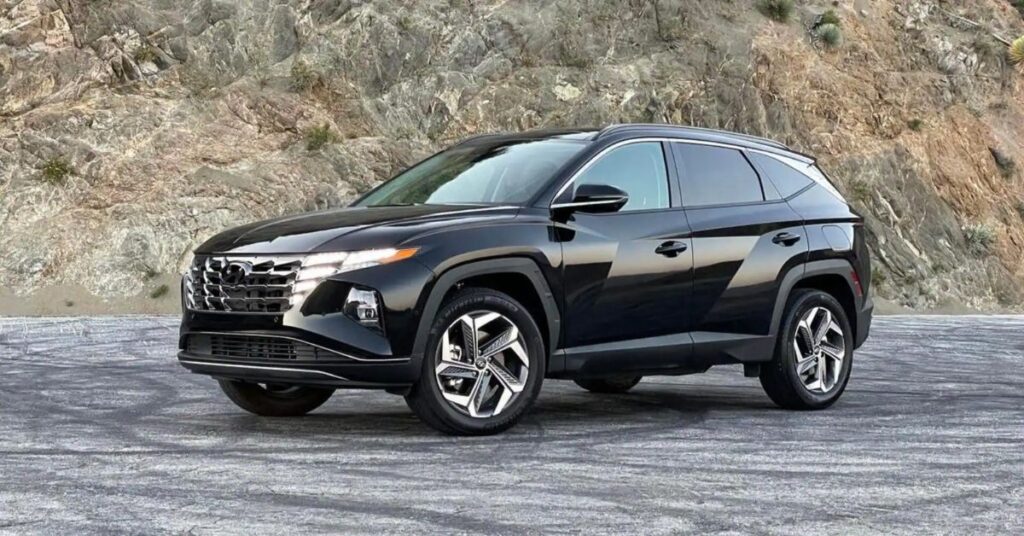In a strategic move to cater to the evolving demands of the Indian automotive market, Hyundai Motor India, the country’s second-largest carmaker, is gearing up to venture into the hybrid vehicle segment within the next three years. This decision marks a significant departure from its previous focus solely on electric vehicles (EVs), signaling a more diversified approach to its electrified future in India.
Hyundai’s Hybrid Initiative
According to insider sources, Euisun Chung, the executive chairman of Hyundai Motor Group, recently conveyed to employees in India that hybrids would play a pivotal role in the company’s product portfolio alongside EVs. This message was delivered during a town hall meeting where Chung outlined a comprehensive long-term strategy tailored specifically for the Indian market.
Hyundai is poised to introduce hybrid powertrains across its lineup, potentially incorporating this technology into midsize SUVs and sedans such as the Creta, Alcazar, Verna, and the larger Tucson SUV in the forthcoming decade. This strategic move aligns with the shifting landscape of automotive technology and regulatory requirements, especially considering the escalating costs associated with meeting future emission norms for diesel engines post-2027.
Hyundai’s Electrification Roadmap
With a committed investment of Rs 33,000 crore over the next decade, Hyundai aims to bolster its presence in India, targeting a production capacity of 1.5 million vehicles by the end of the decade. The company’s foray into electric mobility is also gaining momentum, with plans to launch the first locally manufactured EV based on the Creta platform within the next year. Moreover, a mass-market electric offering is on track to hit the Indian roads by 2026-27, underscoring Hyundai’s commitment to sustainable mobility solutions.
To facilitate localization and ensure competitive pricing, Hyundai has forged partnerships with key players in the Indian automotive ecosystem, including battery manufacturer Exide Industries, to localize battery cells, thereby enhancing accessibility to electric vehicles.
Industry Trends and Competition
The move towards hybridization comes at a time when the Indian automotive landscape is witnessing a gradual shift towards electrification. Maruti Suzuki, Hyundai’s closest rival, in collaboration with its global partner Toyota, has been actively driving the hybrid vehicle segment in India. With ambitions to sell around 7.5 lakh hybrid vehicles by the end of FY2031, Maruti Suzuki has already commenced development on affordable hybrid technology to broaden its product portfolio and enhance fuel efficiency in compact vehicles.
The Government of India’s potential plans to rationalize taxes or cess on hybrid vehicles in the future further bolster the prospects of hybridization, making it a more viable and accessible option for consumers.
In conclusion, Hyundai’s strategic foray into the hybrid vehicle segment reflects a dynamic response to evolving market dynamics and regulatory imperatives, positioning the company for sustained growth and competitiveness in the Indian automotive landscape.
Read More:

